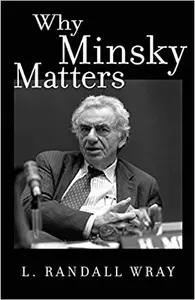Why Minsky Matters: An Introduction to the Work of a Maverick Economist
By L. Randall Wray
Category
EconomicsRecommended by
"Why Minsky Matters" by L. Randall Wray is an essential guide that explores the work and ideas of Hyman P. Minsky, an influential economist whose theories provide valuable insights into understanding financial crises.
Wray delves into Minsky's revolutionary concept of the "Financial Instability Hypothesis," which argues that stability in the financial system breeds instability, as periods of financial stability lead to excessive risk-taking. By analyzing Minsky's ideas, Wray demonstrates how his theories accurately predicted the 2008 global financial crisis.
The book examines Minsky's three financial sector balances—economic units' income-expenditure relations, liquidity preference, and changing financial structures. Wray illustrates how Minsky's framework offers a framework to grasp the dynamics of financial systems and their role in the economy's stability or vulnerability.
Moreover, "Why Minsky Matters" presents Minsky's unique insights into monetary policy, investment, and the role of the government in stabilizing the economy. Wray emphasizes the importance of Minsky's perspective as a guide for policymakers, financial analysts, and economists to prevent and mitigate future financial crises.
Throughout the book, Wray successfully demonstrates how Minsky's work deeply influenced and challenged conventional economic theories. He advocates for a fundamental shift in the way economics is taught, incorporating Minsky's wisdom to provide a more comprehensive understanding of financial and macroeconomic dynamics.
In summary, "Why Minsky Matters" is a concise and illuminating analysis of Hyman Minsky's essential contributions to the field of economics. Wray expertly presents Minsky's theories, offering a fresh perspective on financial instability and highlighting the relevance of Minsky's work in understanding and preventing future financial crises.
Wray delves into Minsky's revolutionary concept of the "Financial Instability Hypothesis," which argues that stability in the financial system breeds instability, as periods of financial stability lead to excessive risk-taking. By analyzing Minsky's ideas, Wray demonstrates how his theories accurately predicted the 2008 global financial crisis.
The book examines Minsky's three financial sector balances—economic units' income-expenditure relations, liquidity preference, and changing financial structures. Wray illustrates how Minsky's framework offers a framework to grasp the dynamics of financial systems and their role in the economy's stability or vulnerability.
Moreover, "Why Minsky Matters" presents Minsky's unique insights into monetary policy, investment, and the role of the government in stabilizing the economy. Wray emphasizes the importance of Minsky's perspective as a guide for policymakers, financial analysts, and economists to prevent and mitigate future financial crises.
Throughout the book, Wray successfully demonstrates how Minsky's work deeply influenced and challenged conventional economic theories. He advocates for a fundamental shift in the way economics is taught, incorporating Minsky's wisdom to provide a more comprehensive understanding of financial and macroeconomic dynamics.
In summary, "Why Minsky Matters" is a concise and illuminating analysis of Hyman Minsky's essential contributions to the field of economics. Wray expertly presents Minsky's theories, offering a fresh perspective on financial instability and highlighting the relevance of Minsky's work in understanding and preventing future financial crises.
Share This Book 📚
More Books in Economics
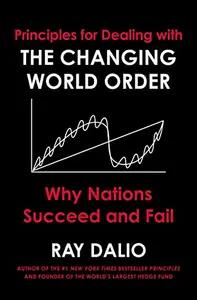
Principles for Dealing With The Changing World Order
Ray Dalio
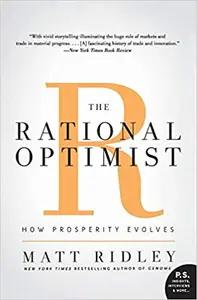
The Rational Optimist
Matt Ridley
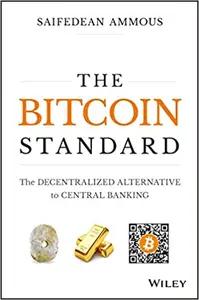
The Bitcoin Standard
Saifedean Ammous
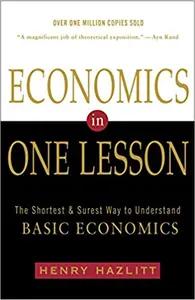
Economics in One Lesson
Henry Hazlitt
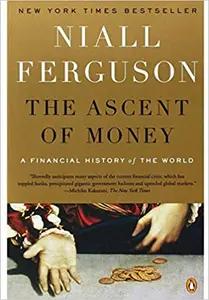
The Ascent of Money
Niall Ferguson

Enlightenment Now
Steven Pinker
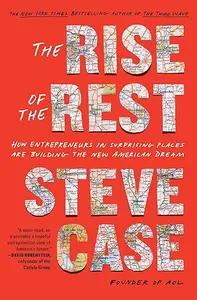
The Rise of the Rest
Steve Case

The Road to Serfdom
F.A. Hayek
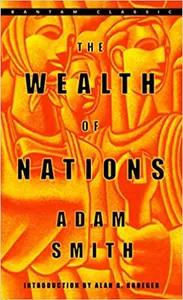
The Wealth of Nations
Adam Smith
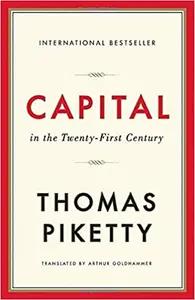
Capital In The 21st Century
Thomas Piketty
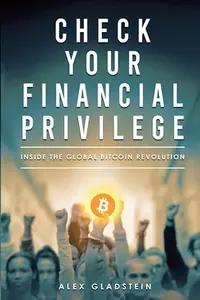
Check Your Financial Privilege
Alex Gladstein
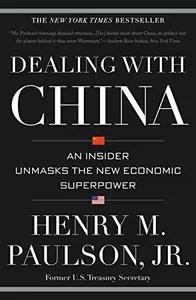
Dealing with China
Henry Paulson
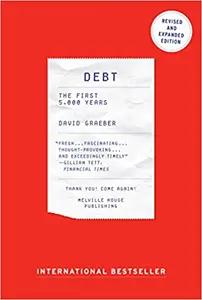
Debt
David Graeber

Human Action
Ludwig Von Mises
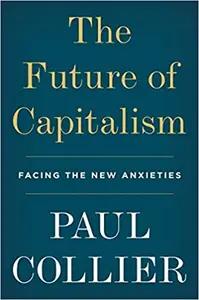
The Future of Capitalism
Paul Collier

The Prize
Daniel Yergin
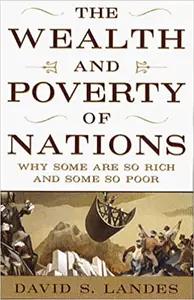
The Wealth and Poverty of Nations
David Landes

Thinking In Systems
Donella H. Meadows
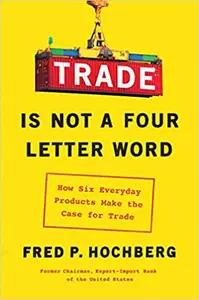
Trade Is Not A Four Letter Word
Fred Hochberg
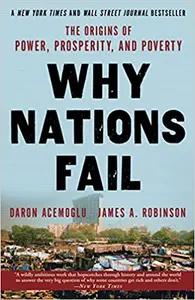
Why Nations Fail
Daron Acemoglu
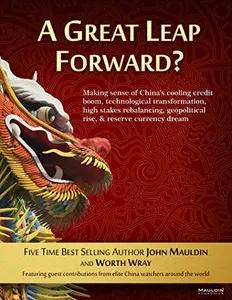
A Great Leap Forward?
John Mauldin & Worth Wray
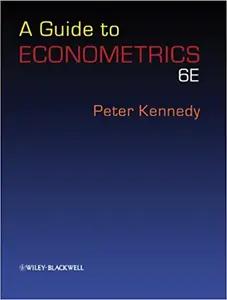
A Guide To Econometrics
Peter E. Kennedy
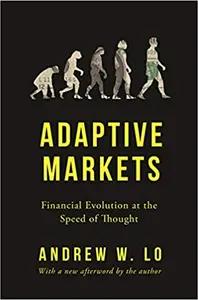
Adaptive Markets
Andrew Lo

Age Of Ambition
Evan Osnos

An Apology for the Builder
Nicholas Barbon
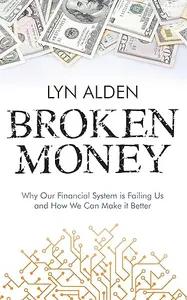
Broken Money
Lyn Alden
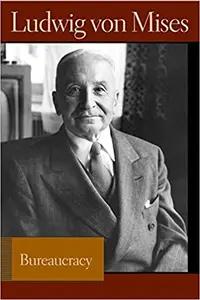
Bureaucracy
Ludwig Von Mises
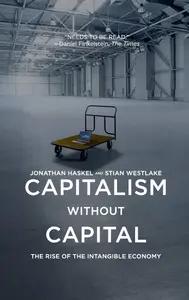
Capitalism Without Capital
Jonathan Haskel & Stian Westlake
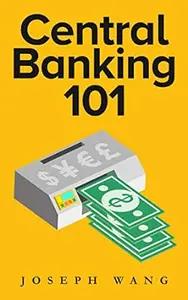
Central Banking 101
Joseph Wang
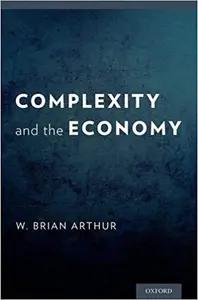
Complexity and the Economy
W. Brian Arthur
Popular Books Recommended by Great Minds 📚

The Great CEO Within
Matt Mochary

The Intelligent Investor
Benjamin Graham

Guns, Germs, and Steel
Jared Diamond

How to Change Your Mind
Michael Pollan

The Bitcoin Standard
Saifedean Ammous

The Almanack of Naval Ravikant
Eric Jorgenson

Who We Are and How We Got Here
David Reich

The True Believer
Eric Hoffer
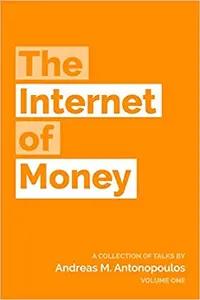
The Internet of Money Volume 1
Andreas Antonopolous

Give and Take
Adam Grant

Hillbilly Elegy
J.D. Vance

Trailblazer
Marc Benioff
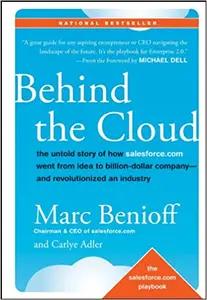
Behind the Cloud
Marc Benioff
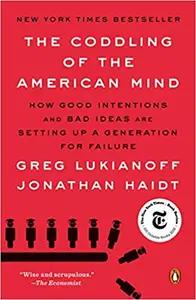
The Coddling of the American Mind
Greg Lukianoff & Jonathan Haidt
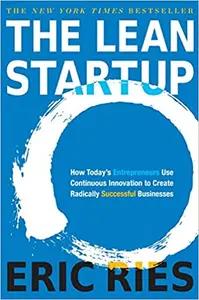
The Lean Startup
Eric Reis

Becoming Steve Jobs
Brent Schlender

Rework
Jason Fried

The Lessons of History
Will & Ariel Durant
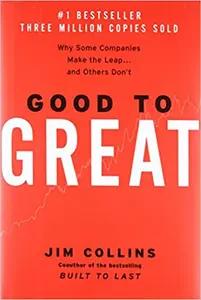
Good To Great
Jim Collins
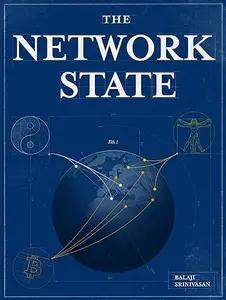
The Network State
Balaji Srinivasan
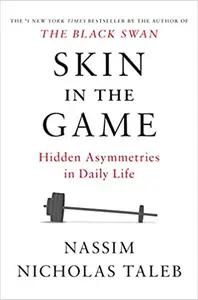
Skin In The Game
Nassim Taleb

Range
David Epstein
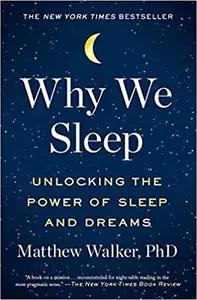
Why We Sleep
Matthew Walker

The Ascent of Money
Niall Ferguson

The Three Body Problem
Cixin Liu

Titan
Ron Chernow
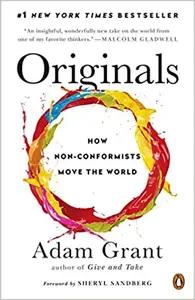
Originals
Adam Grant

The Checklist Manifesto
Atul Gawande

Can't Hurt Me
David Goggins
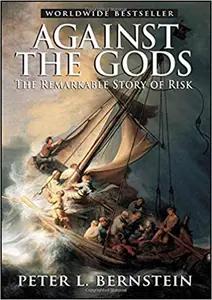
Against The Gods
Peter Bernstein
